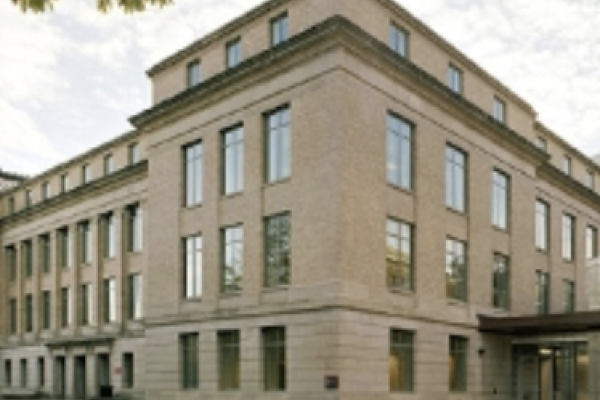
Sat, November 17, 2018
8:30 am - 5:45 pm
Hagerty Hall, Room 145
Over the last three decades, memory studies have inspired scholars in both modern and premodern Chinese fields to explore interdisciplinary approaches to history, tradition, canonization, identity formation, and more. The convergence of memory and Chinese studies brings new vantage points, as well as questions and challenges. How can critical concepts from memory theories be productively appropriated or even revised for the purpose of Chinese studies? Conversely, how can case studies on China refine and broaden our understanding about memory in the larger field of humanities?
The study of memory is almost unthinkable without examining the medium, or the various media, through which the memory is communicated. At both individual level and collective level, memory may be embodied and mediated through texts, objects, oral narratives, music, visual arts, rituals, bodily performances, and so forth. As Astrid Erll has pointed out, "each of these media has its specific way of remembering and will leave its trace on the memory it creates." The dynamic interplay between memory and media helps us conceptualize memory as not just a product, but a process.
This conference will approach the interplay between memory and media via presentations on literature, folklore, visual arts, music, theatre, mass media, and/or other related areas that take "memory and media," broadly defined, as a point of departure.
Two History of Art grad students will present papers: Yiwen Liu's "News Reports of The International Exhibition of Chinese Art in London as a Site of Visual Remembrance," and Keyu Yan's "He Chengyao’s Opening the Great Wall and the Re-Shaped Memory."
Xiaoqiao Ling, Assistant Professor, Arizona State University, will deliver the keynote address.
Conference Schedule
8:30 a.m. - 8:45 a.m. Refreshments
8:45 a.m. - 8:50 a.m. Opening remarks
8:50 a.m. - 10:00 a.m. Keynote: Ways of Thinking about Memory and Media - The Western Wing as an Example
10:10 a.m. - 12:00 p.m. Panel 1: Greater China and the World
1:30 p.m. - 3:20 p.m. Panel 2: Remembrance and Memory Making
3:40 p.m. - 5:30 p.m. Panel 3: Theatre, Film, and Performance
5:30 p.m. - 5:45 p.m. Closing remarks
This event is free and open to the public.
